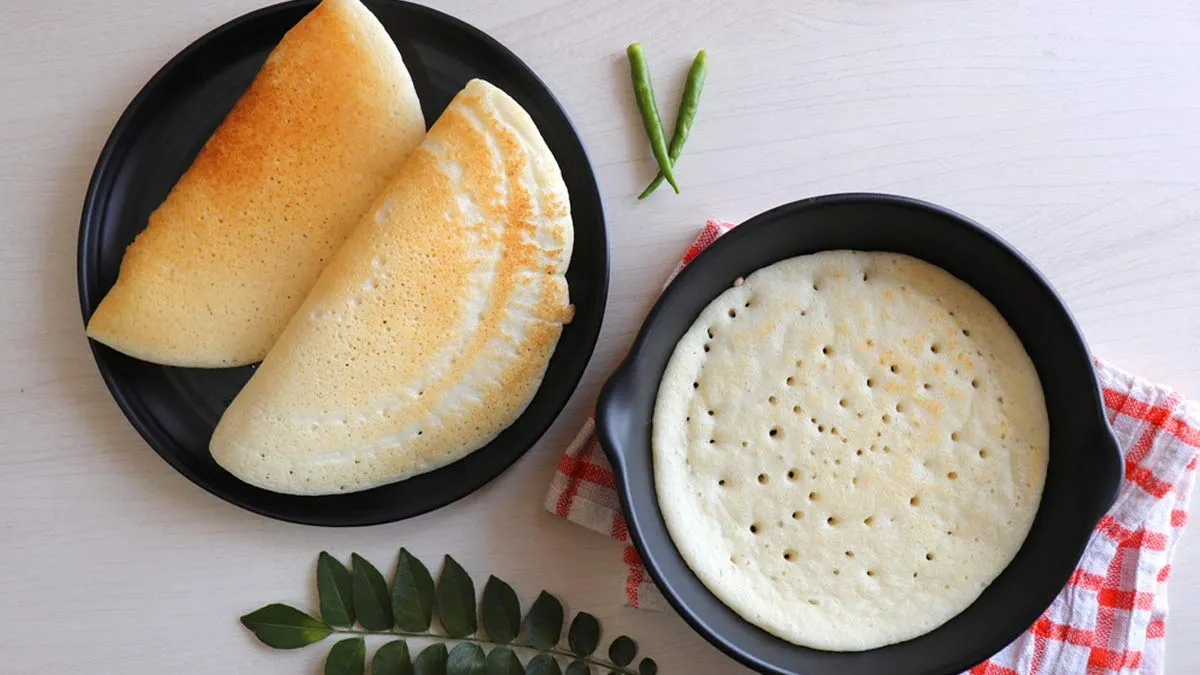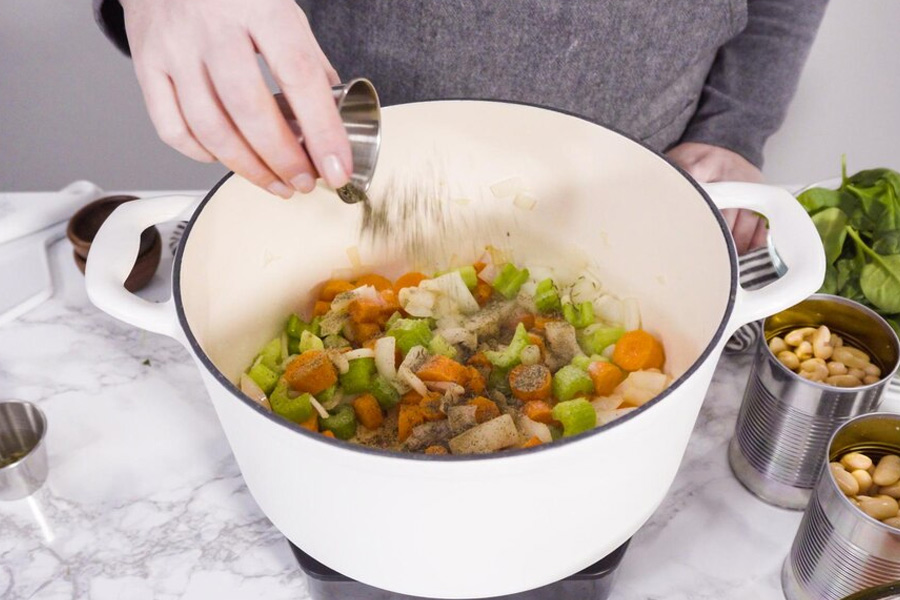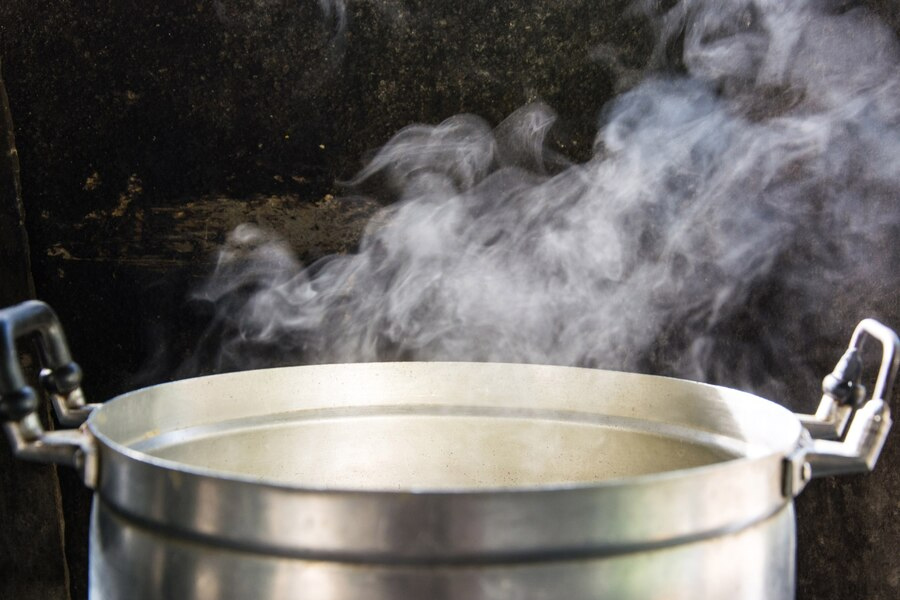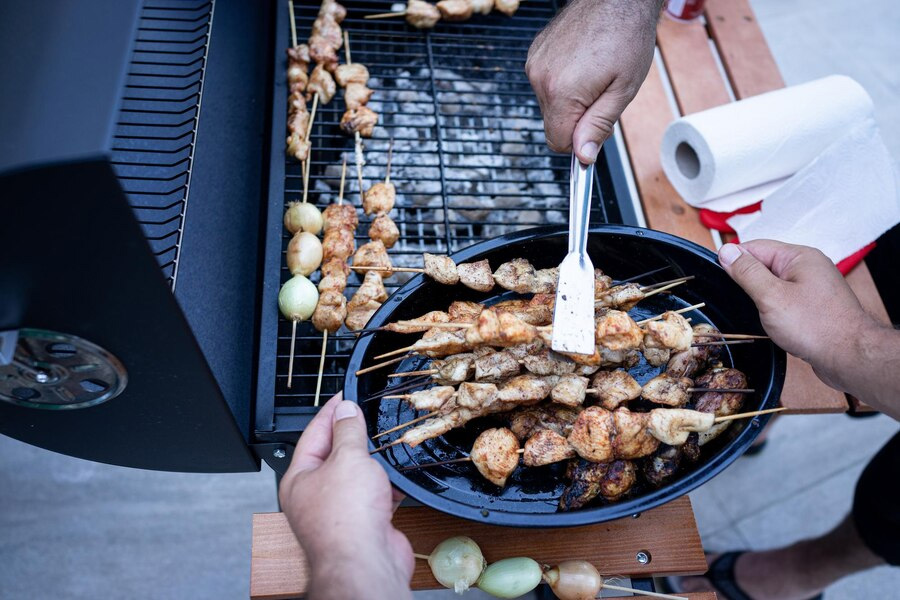
Have you ever hesitated to add that extra drizzle of oil, wondering about its impact on your health? Cooking without oil might sound impossible, but it’s a refreshing way to enjoy wholesome, flavourful meals without the guilt. By replacing oil with clever alternatives like steaming, roasting, or cooking with broths, you can create dishes that are just as satisfying and rich in taste. We spoke to our expert Eshanka Wahi, a Dubai and Delhi based Culinary Nutritionist, Holistic Wellness Coach and Founder, Eat Clean With Eshanka, who shared her expert tips on mastering the art of zero-oil cooking, proving that healthy choices can be both delicious and satisfying.
Ways To Cook Without Oil (Zero Oil Cooking Method)

Zero oil cooking is a fat-conscious, health-conscious method of preparation which stresses reducing or eliminating cooking oils, which are frequently heavy in calories and bad fats, said Wahi.
According to T. Colin Campbell Center for Nutrition Studies, cooking oil contributes to arterial stiffening, disrupts gut health, and adds a significant number of calories to your meals. Just one tablespoon contains 120–130 calories and 14 grams of fat, making it easy to unintentionally overconsume. Additionally, its impact on gut function further highlights the need to limit its use. Here are some ways to cook without oil without sacrificing the taste and flavour of your meals.
1. Cook Using Broths

"Cooking using broths instead of oil is an excellent method to add nutrients and flavour to your food without putting in unimportant fat. You can use chicken, lamb, or vegetable broth as an alternative to oil for frying onions, garlic, or additional vegetables," said Wahi.
Bone broths, such as those prepared with chicken or lamb, are especially rich in umami, also known as a naturally developed taste that improves the overall experience of your food. Additionally, the approach allows you to develop more nuanced and complicated flavours without relying on the oil's richness.
Also Read: How To Choose The Right Edible Oil For Your Health?
2. Poaching and Boiling
Practical zero-oil cooking techniques like boiling and poaching maintain the taste and quality of ingredients. When cooking vegetables, beans, eggs, or grains, boiling works especially effectively since the process ensures the ingredients cook through evenly without requiring oil.
In the process of absorbing the nuanced tastes of the cooking liquid, this process keeps the food warm and soft. Poaching is also more nutritious than frying, which frequently employs oil to accomplish the same results because it protects the food from getting dry or overcooked.
3. Steaming

One of the cleanest methods of cooking and an excellent approach to cooking without needing any oil is steaming. The fundamental taste, appearance, and nutrients of vegetables, fish, dumplings, and even confections are preserved.
Steaming helps preserve moisture in food, keeping it flexible and tender while also retaining essential vitamins and minerals. This is often compromised when using other cooking methods, such as boiling or frying. Cooking without oil can be straightforward if you invest in a good-quality steamer or use a steaming basket placed over boiling water.
4. Using Non-Stick Cookware
When cooking with little or no oil, ceramic cookware or non-stick pans are vital. These kinds of pans are wonderful for frying or sautéing considering that they use very little or no oil. Even when no oil is used, the non-stick surface prevents food from sticking and allows it to cook evenly.
However, since high temperatures could destroy the non-stick coating, it's especially important to use low temperatures and prevent overheating the pan. "Additionally, non-stick cookware makes it simpler for you to regulate the amount of fat in your food, presenting you with a healthier cooking substitute that still yields excellent flavour and consistency," added Wahi.
5. Grilling or Roasting

Without using oil, grilling and roasting are exemplary techniques to produce a crispy, flavourful texture. The concentrated heat from the grill increases the flavour of food by supporting it to achieve a caramelised crust.
"A further great method for preparing meats, veggies, or tofu is to broil them in the oven, which keeps the external surface of the item somewhat crunchy while guaranteeing even cooking. Use silicone baking mats, aluminium foil, or parchment paper for baking to keep things from sticking and to make cleaning smoother. The above components provide the meal with the envisioned crispness and smoky aroma," added Wahi.
[Disclaimer: This article contains information provided by an expert and is for informational purposes only. Hence, we advise you to consult your own professional if you are dealing with any health issues to avoid complications.]
How we keep this article up to date:
We work with experts and keep a close eye on the latest in health and wellness. Whenever there is a new research or helpful information, we update our articles with accurate and useful advice.
Current Version